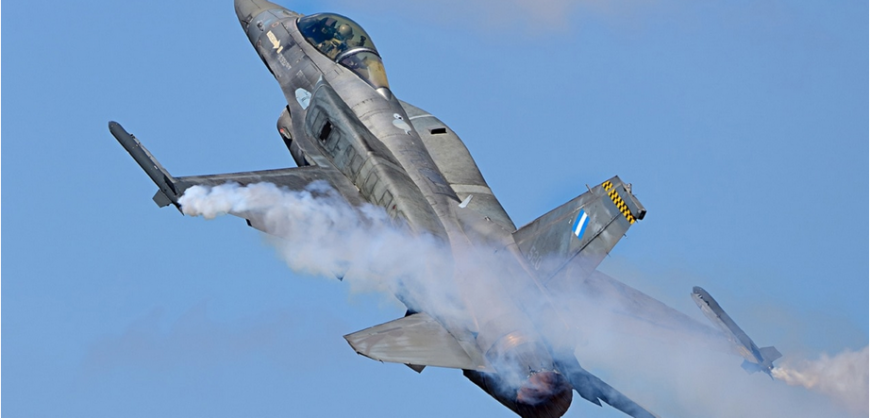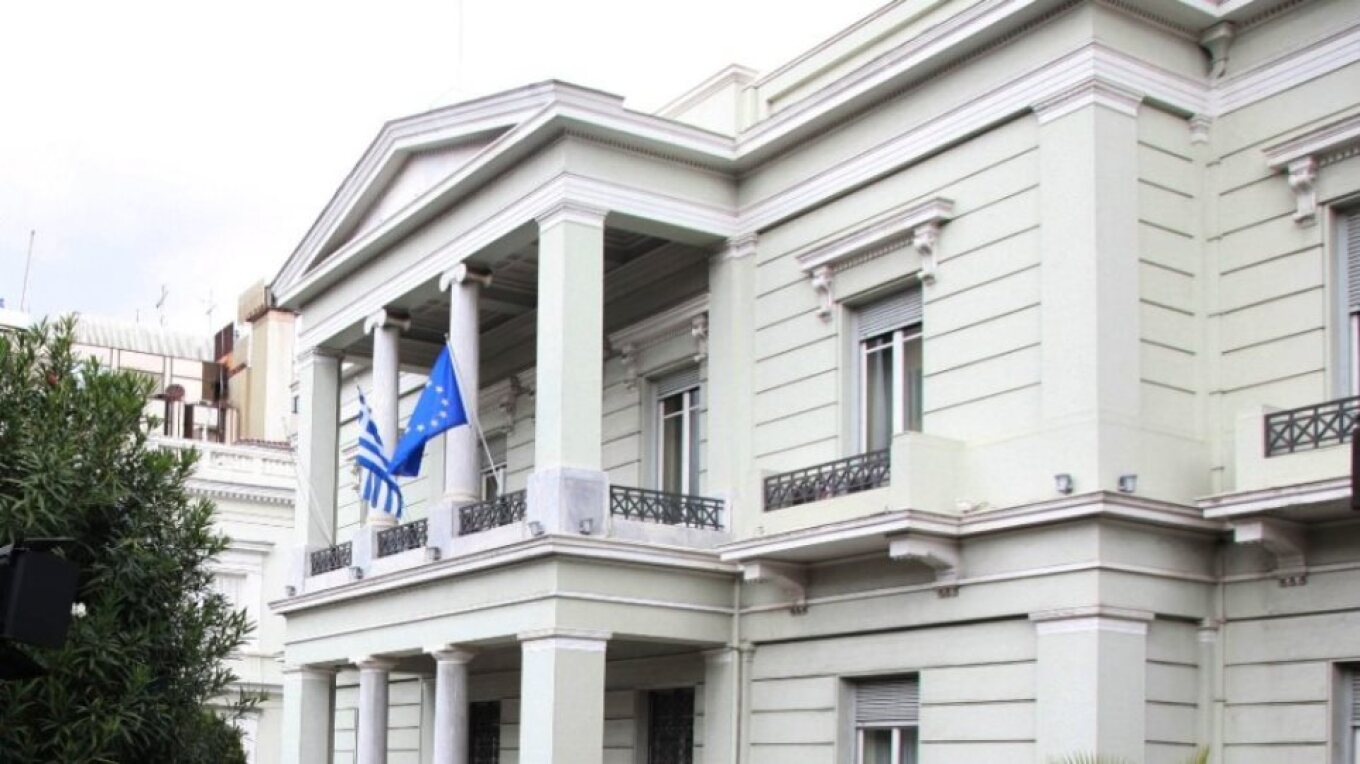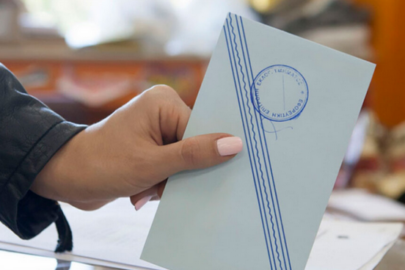For decades, the U.S. national security and foreign policy communities viewed Cyprus more as a geopolitical problem instead of a potential partner in a critical region of the world. This perspective took root particularly in the years that followed the 1974 Turkish invasion of the island.
Yet, nearly four decades later, the winds are changing in Washington and Nicosia.
Today the bilateral relationship appears to be undergoing a profound makeover, particularly evident in energy and security cooperation. In Washington, this change of heart can be attributed to the pivotal role of Congress and the forward-looking vision of some specific State Department officials, who reevaluated the Eastern Mediterranean region from a fresh perspective.
A small European country in the Eastern Mediterranean, Cyprus has been facing foreign occupation since 1974, when the Turkish military invaded the northern part of the island with the pretext of safeguarding the Turkish-Cypriot minority. The illegal occupation divided the country and its people in two. Since then, Cyprus has sought to reunify Greek Cypriots and Turkish Cypriots into one stable, free democracy without foreign interference.
Facing the refusal of the international community to recognize the occupied territories as an independent state, the self-proclaimed “Turkish Republic of Northern Cyprus,” Ankara shifted its diplomatic approach. The main objective was to trap the Republic of Cyprus into a stalemate by convincing its Western partners not to engage in a meaningful way with Nicosia until a final reunification agreement could be achieved.
While Turkey was insisting that this approach would exercise much-needed pressure for reaching a final peace settlement, the region of the Eastern Mediterranean was experiencing a profound geopolitical transformation that rendered it increasingly important for U.S. interests. The discovery of significant natural gas reserves, the resurgence of great power competition coupled with Turkey’s quest for strategic independence prompted Washington to search for new eager, like-minded partners. Nicosia appeared to be a good candidate, given that it had taken some important steps in that direction.
In 2004, Cyprus became a member of the European Union, while in recent years, it joined forces with Israel, Greece, and Cyprus to create a trilateral partnership that has the potential to strengthen the energy security and diversification of Europe. Very soon, an invitation was extended to the U.S., creating, thus, the 3+1 format with the declared goal of intensifying cooperation in areas such as energy, counterterrorism, and interconnectivity. Recently, Cyprus closed its ports to Russia even before a similar decision was taken by the E.U., while also proving its reliability as a partner by fully enforcing E.U. sanctions against Russia and contributing in many ways in the effort to defend and assist Ukraine.
Talks for reunification have been stalled since 2017, as Turkey would not budge from its position to continue to have troops in Cyprus even after a solution while maintaining its anachronistic security guarantees. Cypriot President Nikos Christodoulides is expending every effort for a quick return to the negotiating table, but Turkish President Tayyip Erdogan’s recent rejection of the United Nations-defined negotiation framework and call for the partition of the island make any progress extremely hard in the foreseeable future.
Absent productive progress on the reunification of the country, Nicosia continues its path toward the West and the further strengthening of its bilateral partnership with the U.S.
In 2022, the U.S. lifted the arms embargo on Cyprus and established a partnership between the New Jersey National Guard and Cypriot military. Officials in Nicosia look at the future of the U.S.-Cypriot defense cooperation with promise. They have already made purchases of equipment now that they are able to access the U.S. defense industry. Moreover, the Cypriot military is now benefiting from the International Military Education Program, also known as IMET, that will train officers in the U.S.
Continue here: 19fortyfive









































